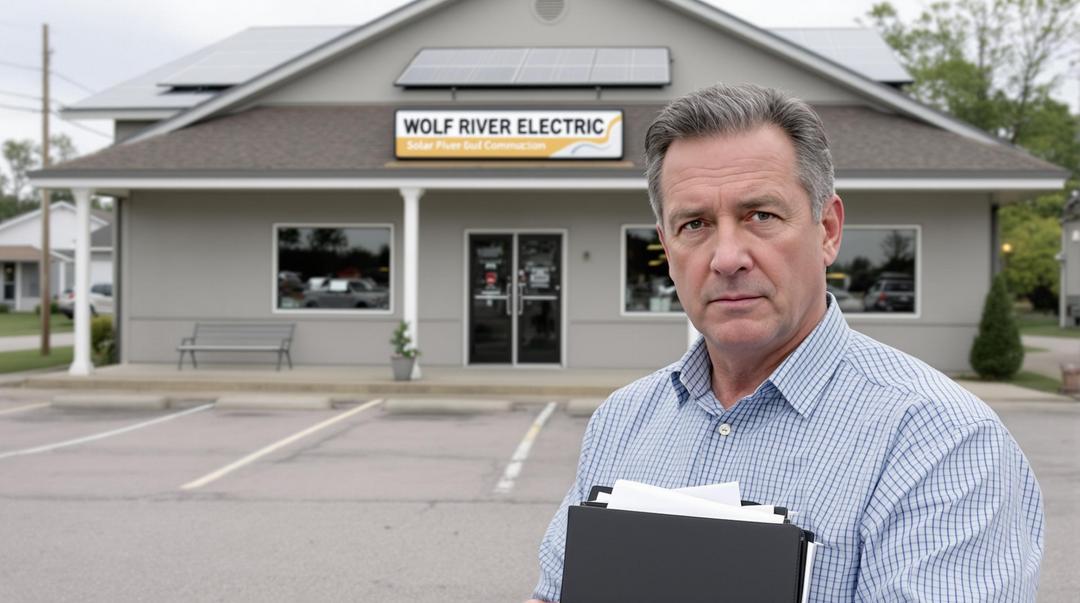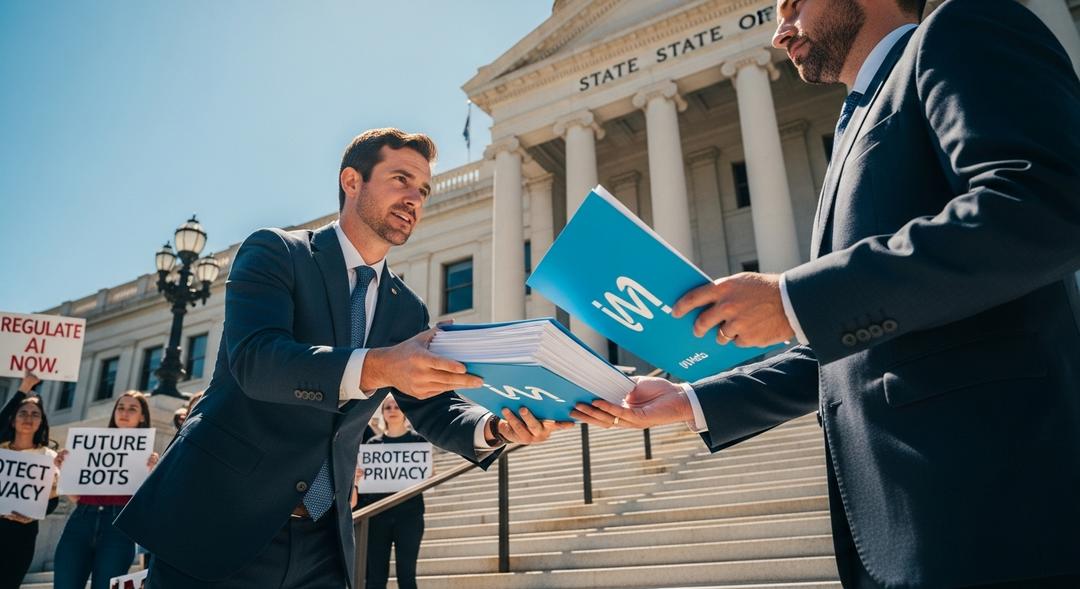Wolf River Electric is taking Google to court, claiming the search giant’s AI got it all wrong and tanked their reputation.
The Minnesota-based solar company says Google’s AI Overview falsely accused them of being sued by Attorney General Keith Ellison when, in reality, they were never part of that legal action. The actual lawsuit from Ellison targeted four different solar lending companies, so Wolf River Electric was caught off guard when Google’s AI named them as a defendant.
After Wolf River employees first noticed the damaging claim last September, the AI Overview was eventually pulled down. This misstep created real-world fallout: a major customer ended a one hundred fifty thousand dollar contract with Wolf River after reading the AI’s inaccuracies.
Wolf River is now seeking as much as two hundred ten million dollars in damages, arguing that Google’s AI led to business losses and a tarnished reputation. According to Wolf River’s legal team, Google’s mistake prompted potential clients and staff to reconsider working with the solar company.
AI and the Legal Landscape
The legal complaint details how Google’s AI Overview pieced together information from sources like the Minnesota Star Tribune and a news release from the Attorney General’s Office, but none of those cited sources ever claimed Wolf River had been sued. Wolf River’s lawyers say the AI essentially hallucinated — a term for when it generates convincing, but totally incorrect statements — and made legal trouble where there was none.
Google responded to the lawsuit by moving it to federal court, where Judge Jeffrey Bryan now presides. The company has denied all allegations, telling the court that its system describes publicly available sources and that the contents of those sources “speak for themselves.”
Google’s AI Overviews offer short conversational summaries that sit front and center on search results pages, sometimes before any other listings or ads. Meanwhile, Wolf River says these summaries have become high-stakes landmines for businesses if AI gets the facts wrong.
There’s a wider ripple here: Wolf River’s case is among the earliest to tackle claims over reputational damage caused by an AI-generated statement. OpenAI recently faced a similar claim in Georgia involving ChatGPT, which the AI company won.
Some legal experts say Wolf River faces an uphill battle, especially with the case now in federal court, because of Section 230 protections. This law, part of the Communications Decency Act, generally shields tech platforms from lawsuits over third-party content.
The core concern is whether Section 230 should apply when AI, instead of a user, creates the content and it sounds just like a human wrote it. Legal scholars like William McGeveran point out that since AI-generated content is not literally written by Google, courts may still apply protections under the current law.
Wolf River’s counsel argues that, without accountability, AI like Google’s risks causing lasting legal and reputational harm to companies everywhere. They hope this legal fight will not only recover damages but also prompt courts to hold corporations accountable for what their AI systems produce and demand new ethical standards in the AI era.








